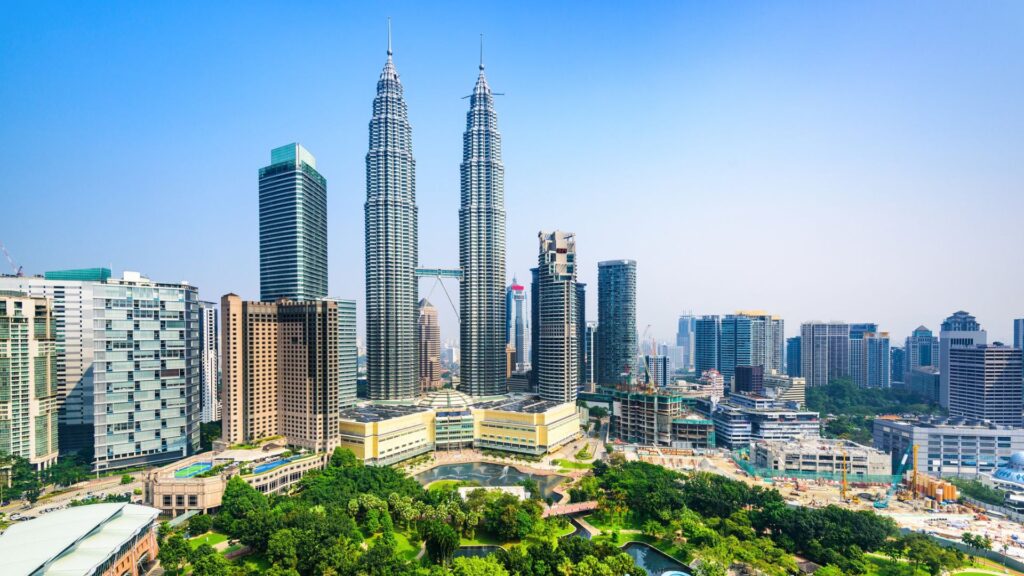
Malaysia faces rising global fragmentation, digital disruption, and protectionism. The re-imposition of US tariffs (19% on most exports) underscores the politicisation of trade. Malaysia’s economic diplomacy aims to manage asymmetries rather than seek perfect outcomes.
Core Themes of the 13th Malaysia Plan (13MP)
Strategic Autonomy: Focus on structural reform, domestic capacity-building, and global engagement.
Economic Resilience: Emphasis on long-term value creation and quality investment.
Digital & Industrial Transformation: Promotion of “Made by Malaysia” products.
Support for AI and high-performance computing (e.g., Nvidia’s RM10 billion investment).
Strengthening industry-academia collaboration and regulatory agility.
Energy and Environmental Goals
National Energy Transition Roadmap targets green hydrogen, solar manufacturing, and grid modernization.
Aims to build a low-carbon, high-value economy aligned with global green trends.
Economic Diplomacy and Global Positioning
Malaysia leverages its non-aligned stance to engage both East and West.
Strengthens ties with emerging markets, Asean, BRICS, and multilateral platforms.
Advocates fairness and sovereignty in digital and trade governance.
Governance and Implementation
Introduces mechanisms for inter-agency coordination and performance tracking.
Rejects outdated critiques of central planning, emphasizing strategic intervention over market absolutism.
Calls for political will, technocratic skill, and societal alignment to realize its vision.
Final Vision
The 13 MP is not about managing scarcity but unlocking national potential. It seeks to reclaim Malaysia’s agency in shaping its regional future through resilience, inclusion, and innovation.



